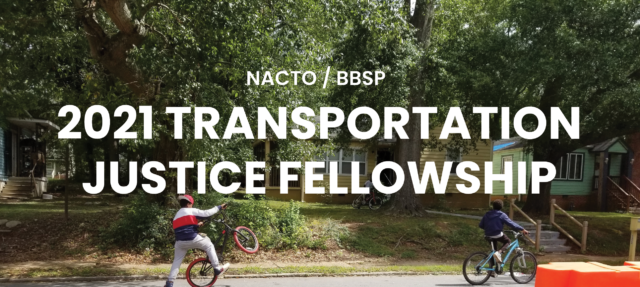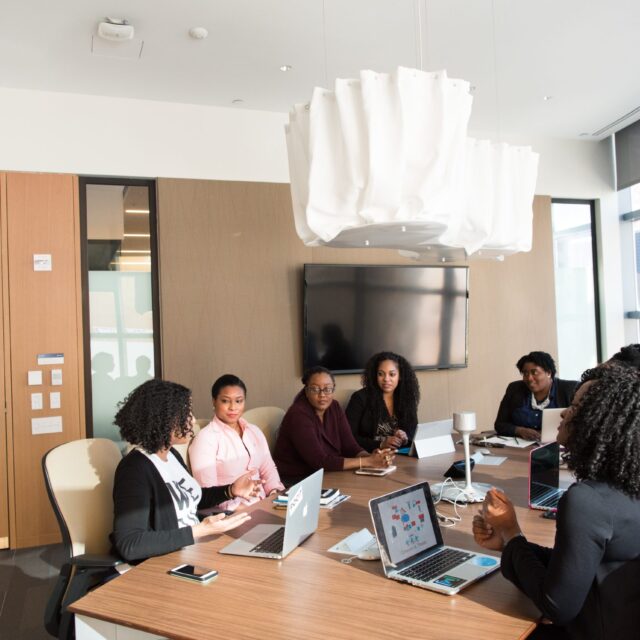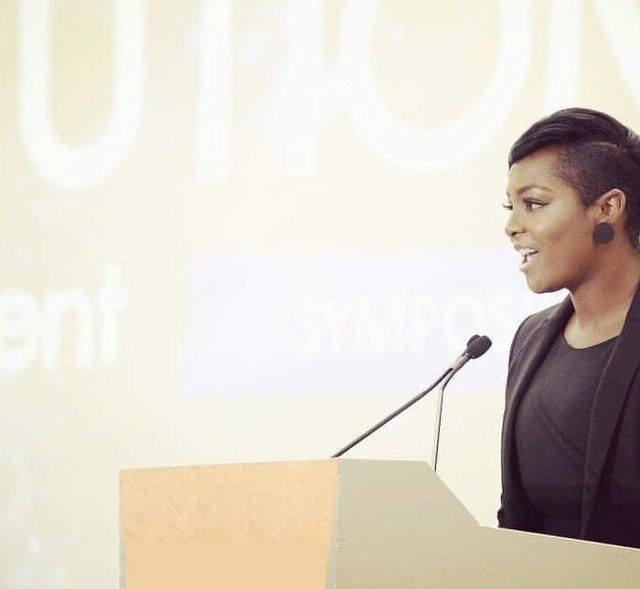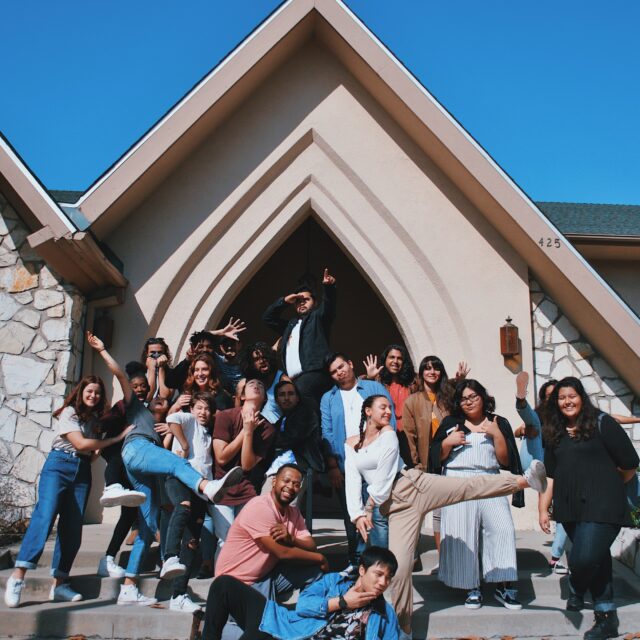Calling All BIPOC Working on Transportation Justice
by Kiran Herbert, Communications Manager
January 20, 2021
In partnership with the National Association of City Transportation Officials (NACTO), we’re proud to offer 10 individuals a one-of-a-kind fellowship opportunity. The deadline to apply is February 1, 2021.

For as long as there’s been a transportation field, practitioners of color have worked to advance the cause of liberation and justice within it. Although their efforts haven’t always been recognized, we’re hoping to change that with a new fellowship opportunity: the 2021 Transportation Justice Fellowship. This program was designed to meaningfully invest resources to support and sustain the Black, Indigenous and People of Color (BIPOC) doing the heavy work of promoting equity in transportation.
At BBSP, we’ve always believed that removing barriers to access is directly linked to building diversity in employment within the shared micromobility field. This fellowship builds on our efforts to increase racial diversity and elevate voices typically underrepresented in the transportation industry. The program will be managed by the National Association of City Transportation Officials (NACTO) in partnership with the Thrivance Group, whose founder and CEO Dr. Destiny Thomas’ research was instrumental in creating the program curriculum.
“We ended up with a fellowship that is culturally grounded, heavy on social justice principles and unapologetic about centering the people who are typically left out of fellowship opportunities,” says Dr. Thomas, whose work as an anthropologist planner focuses on urban planning, policy writing and organizational development in communities most affected by racial inequities.
Over the course of nine months, a cohort of 10 fellows will receive more than 60 hours of training and support to develop individual and institutional capacities for creating a more just and representative mobility field. Through networking events, one-on-one coaching and check-ins, lectures and co-strategizing on projects, fellows will feel completely supported as they advance professionally and work on tangible ways to better mobility for low-income communities of color.
“Working in transportation, it’s very rare to have people in decision-making positions who actually reflect the communities whose needs far outweigh all others,” says Nicole Payne, the fellowship’s program manager from NACTO. “With this fellowship, we’re hoping to bridge that disconnect—we recognize the institutional barriers people of color face and we want to direct our resources to support them.”
Fellowship applications are due on February 1, 2021.
The fellowship’s core values:
- A relentless pursuit of justice
- Dignity over respectability
- Transformative representation
- Atonement and healing
- Anti-racist
- Anti-ableist
Who should apply?
Across industries, it takes BIPOC a lot longer to access professional development opportunities. As such, this fellowship is only open to BIPOC who have anywhere from 5-15 years of experience working in mobility, transportation or an adjacent field (i.e. a health professional that works on bike share). Applicants may work in any U.S. city, as well as any sector.
Additionally, both paid and unpaid work will be considered—you don’t need an advanced degree or a 9 to 5 transportation gig to qualify. We do, however, ask that applicants serve in a role that requires project coordination and decision making and that they dedicate at least 15 hours a week to transportation and mobility projects.
“The most important thing we’re looking for in fellows is a commitment to upending racial and economic injustice in the transportation and mobility space,” says Payne.
Our ideal applicant will employ a care-based, multidisciplinary approach to their work and always prioritize the liberation, dignity and well-being of the communities they serve. If you don’t identify as a person of color, or you’ve previously had a substantial amount of access to professional development activities, then this isn’t the fellowship for you.
What does the fellowship entail?
Fellows will receive access to all of BBSP and NACTO’s networks, tools and resources, as well as the opportunity to participate in up to 12 hours of one-on-one coaching and project support from a team of specialized advisors, including a behavioral health professional, a mobility equity advocate and an executive-level planner/engineer. All fellows will also receive intentional mentorship and training on the following topics:
- Further developing a disposition towards equity and social justice
- Personal growth mapping, power mapping and group project selection
- Navigating professional barriers to equity values
- Confronting microaggressions and other difficult conversations
- Meaningful community engagement
- Dissimilation, self-promotion/preservation, networking and career planning
Moreover, fellows will receive registration and—if in-person travel becomes safe—travel, accommodation and incidentals to two NACTO-selected conferences hosted by relevant peer organizations. Since participation will be virtual for the foreseeable future, however, there’s space on the application to inform us of any barriers that would make participation in the program difficult. For example, you might lack a good internet connection or require childcare. No one will be penalized for requiring additional support—we just need to know in order to allocate funds accordingly.
What will the time commitment look like?
Throughout the fellowship’s nine months, participants should anticipate spending about 60-65 hours total on the required virtual full group or small group meetings. We think that’ll work out to about seven hours a month, but that number will fluctuate based on larger cohort convenings and individual schedules. We’re determined that the program be flexible and work around a variety of schedules.
Program activities will include:
- A group project that culminates in a formal concept or policy that demonstrates the benefits of operationalizing equity
- Workshops let by community leaders
- Monthly individual and cohort check-ins
Read the full program brief here.
If I’m not chosen or don’t qualify, can I still get involved?
Yes! We anticipate the number of talented and qualified applicants will outnumber our 10 fellowship spots. For this reason, we’ll also be launching affinity group sessions broken down by race, and possibly other specifications, that will be open to the public.
“We want to provide safe spaces to gather that isn’t limited to participation in the fellowship,” says Payne. “The idea is to provide a place for like-minded people to have conversations about the root causes of issues that they’re facing at their workplace and within the transportation field more generally.”
The affinity groups will meet throughout the course of the fellowship with the goal of building community and encouraging the sharing of workplace wins, hurdles, or other illuminating stories. If you’re interested in taking part in the affinity group sessions, there’s space in the application to note that. You can also send an email to tjfellowship@nacto.org.
Will there only be one fellowship cohort?
Funding has been secured for an additional cohort, although that number will depend on how things go this first round. If you’re on the fence, we encourage you to apply now!
Where can I apply?
Access the 2021 Transportation Justice Application here and note that the deadline to apply is February 1, 2021 at 11:59 pm Hawaii Standard Time. Applicants will be notified of where they stand on February 8, 2021. Please note that if you advance to the second round, you’ll be asked to provide two letters of support by February 25, 2021.
The Better Bike Share Partnership is funded by The JPB Foundation as a collaborative between the City of Philadelphia, theNational Association of City Transportation Officials (NACTO) and the PeopleForBikes Foundation to build equitable and replicable bike share systems. Follow us on Facebook, Twitter and Instagram or sign up for our weekly newsletter. Got a question or a story idea? Email kiran@peopleforbikes.org.



